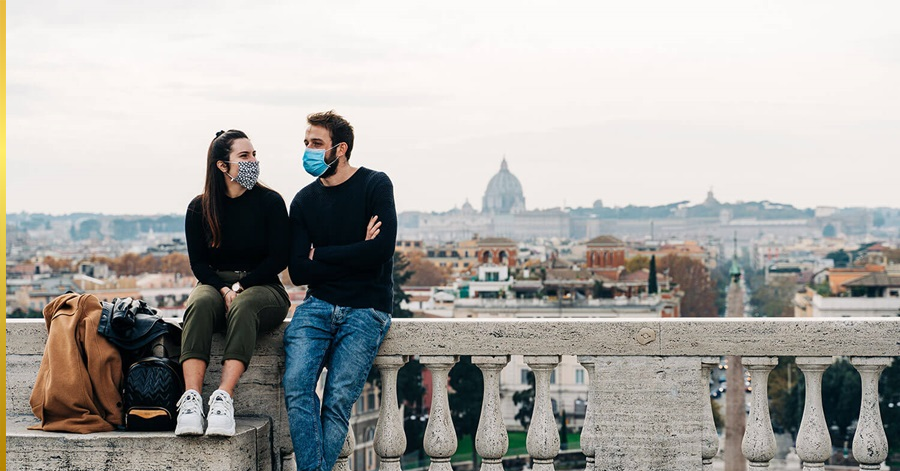
Culture and COVID-19: How has the pandemic affected people globally?
Our global qualitative study shows how forward-thinking brands can stay ahead, by rethinking their cultural relevance for their innovations, communications and activations.
Crisis generates a primal response in most human beings – fight, flight or freeze. This primal response is shaped by forces beyond our consciousness and seems to come from the core of our beings.
In heated conversations at the dinner table, on the news, in the streets, and in quiet and public protests, we see cultural codes at play that shine a light on national identity as much as sub-group affiliations. In other words, what it means to be American or French, or what it means to be a climate activist, a single parent, or a student.
That ubiquitous symbol of the pandemic, the face mask, is an icon of these tensions. Decoding this symbol of the 21st century reveals cultural tensions we struggle with as individuals, groups and nations. It reveals our trust or distrust in the societal power structures, information architecture, and how we view safety, civic duty, or personal liberty.
Triggers for cultural tension abound and we are perpetually in high-alert mode, scrutinising conversations, policy, and government actions, family, community, and yes, corporations and brands.
This article was published exclusively on Kantar.com on February 15, 2022.

